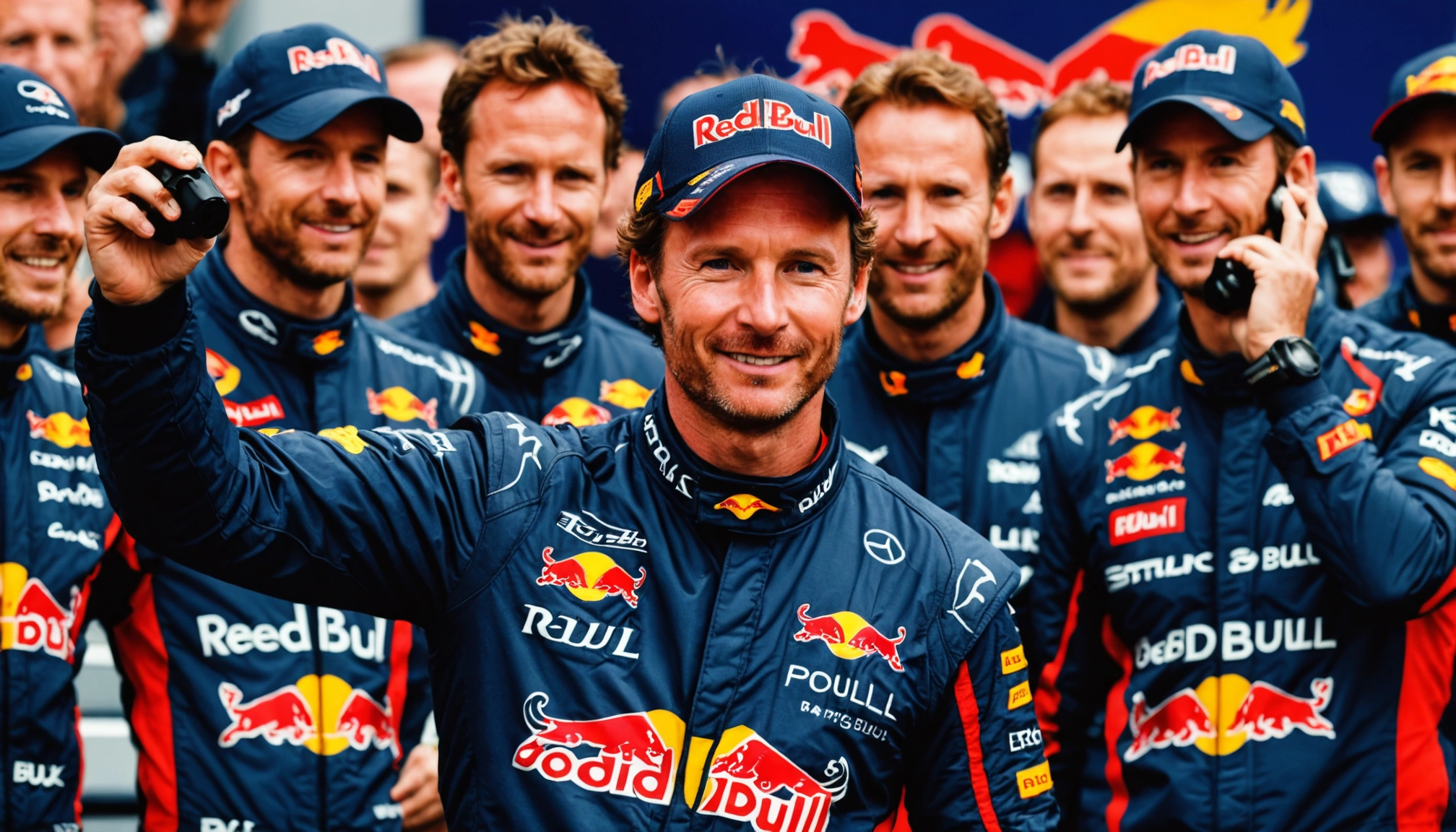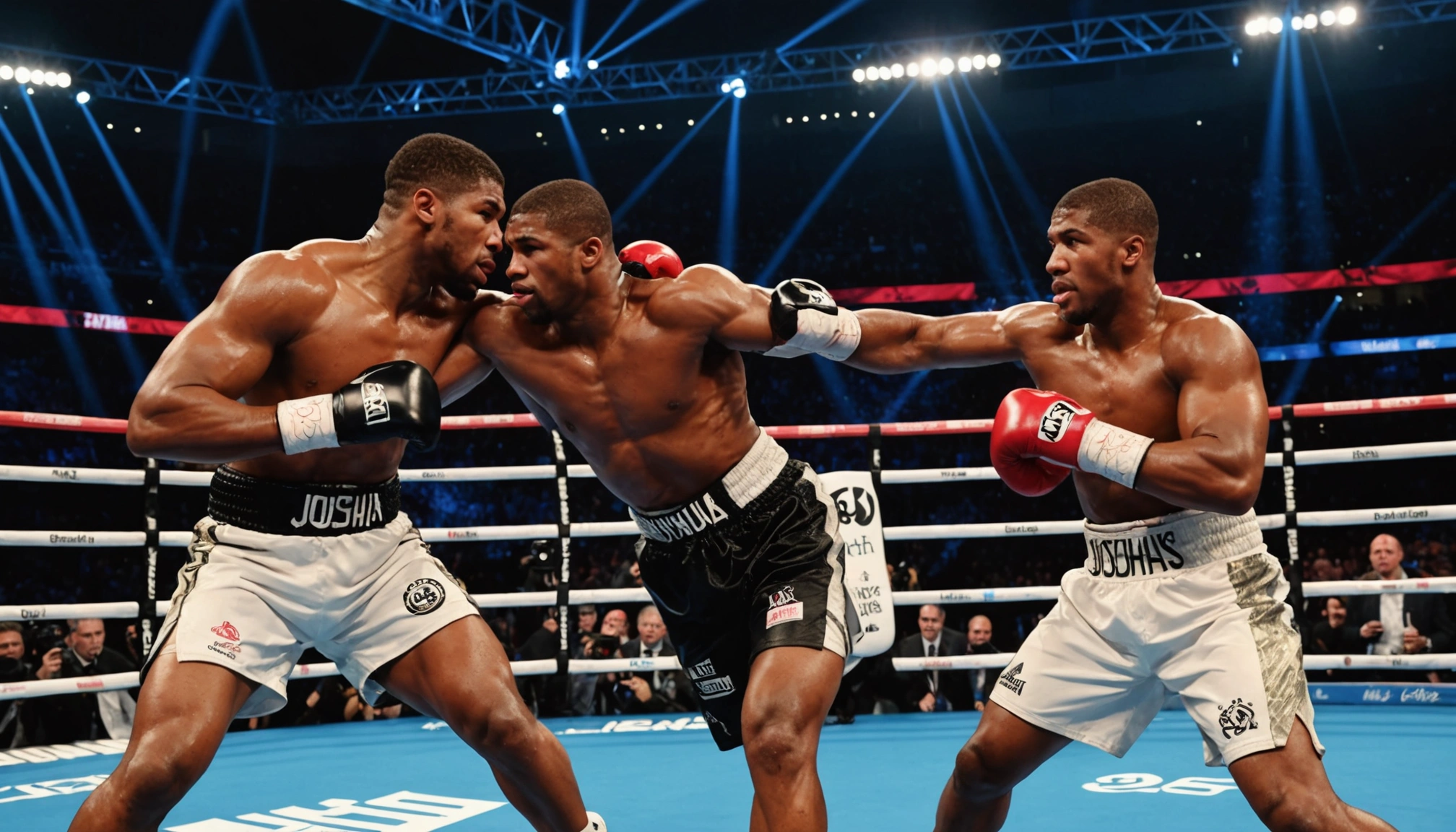Christian Horner's Best And Worst Moments At Red Bull
Explore Christian Horner's 20-year journey at Red Bull, highlighting his greatest achievements and toughest challenges in Formula 1 management.

By Editorial
Introduction To Christian Horner's Red Bull Journey
Christian Horner has been at the helm of Red Bull Racing for two decades, shaping the team into a formidable force in Formula 1. His tenure is marked by remarkable highs and challenging lows, reflecting the intense pressures and triumphs of managing a top-tier motorsport team. This article delves into Horner's most significant moments, providing insights into his leadership style and impact on the sport.
Early Challenges And Breakthrough Successes
When Horner took charge in 2005, Red Bull was a relatively new entrant in Formula 1, struggling to compete with established giants. The initial years were tough, with limited resources and development hurdles. However, through strategic recruitment and fostering young talent, Horner steered the team towards consistent point finishes.
A pivotal breakthrough came in 2010 when Red Bull clinched its first Constructors' and Drivers' Championships with Sebastian Vettel. This success was not accidental; it was the result of Horner's ability to build a cohesive team culture and push for technical innovation. Under his leadership, Red Bull introduced revolutionary car designs and aerodynamic concepts, setting new standards in the sport.
Dominance In The Early 2010s
The period from 2010 to 2013 saw Red Bull's dominance under Horner’s guidance. The team secured four consecutive Drivers' Championships and Constructors' titles, a feat rarely achieved in modern Formula 1. Horner’s management of driver dynamics, particularly nurturing Vettel’s talent while managing the pressures of competition, was instrumental.
This era showcased Horner’s strategic acumen, including race tactics and development decisions that kept Red Bull ahead of rivals like McLaren and Ferrari. His approach combined technical innovation with psychological insight, fostering resilience within the team.
Case Study: 2012 European Grand Prix
The 2012 European Grand Prix in Valencia is often cited as a masterclass in race strategy by Horner and his team. Faced with variable weather conditions and intense competition, Red Bull executed a flawless pit strategy that secured victory for Vettel. This race exemplified Horner’s ability to adapt quickly and make high-stakes decisions under pressure.
Periods Of Adversity And Controversy
Despite the successes, Horner's tenure has also been marked by significant challenges. The decline in Red Bull’s competitiveness following the 2014 regulation changes tested his leadership. The introduction of hybrid engines by rivals, particularly Mercedes, forced Red Bull into a rebuilding phase.
During these years, Horner faced criticism over Red Bull's engine partnerships and occasional internal team tensions. Managing the transition while maintaining team morale required resilience and adaptability. His public disputes with Mercedes’ dominance highlighted the competitive tensions in the sport.
Moreover, Horner has occasionally been involved in on-track controversies, including strategic calls that backfired or clashes with rival team principals. These moments underscore the high-pressure environment of Formula 1 management.
Recent Resurgence And Future Prospects
In recent seasons, Horner has overseen a significant resurgence for Red Bull, thanks largely to the emergence of Max Verstappen as a world-class driver and innovative technical partnerships. The 2021 and 2022 seasons saw Red Bull challenge Mercedes’ long-standing dominance, culminating in Verstappen’s first World Championship.
This resurgence highlights Horner’s enduring capacity to rebuild and innovate. His role in nurturing Verstappen’s aggressive yet strategic driving style has been widely praised. The team’s ongoing development programmes suggest a promising future under his guidance.
Connecting To Broader Sporting Stories
Horner’s leadership journey parallels narratives in other sports where strategic vision transforms teams. For instance, those interested in sporting resilience might find the story of Elliot Anderson’s rise in football equally compelling, highlighting how emerging talent can redefine team fortunes.
Conclusion: Horner's Legacy At Red Bull
Christian Horner’s 20 years at Red Bull encapsulate a story of ambition, innovation, and resilience. His ability to steer the team through highs and lows has left an indelible mark on Formula 1. From early struggles to multiple championships and recent comebacks, Horner exemplifies the complexities and rewards of elite sports management.
As Red Bull continues to challenge for future titles, Horner’s leadership will remain a key factor. His journey offers valuable lessons on adaptation, strategic thinking, and the importance of leadership in competitive sports.
Related topics
Editorial
Sports expert at SportsScoop
Specialist in sports analysis and journalism
Related articles
Want to read more?
Explore our comprehensive collection of sports articles and analysis, or contact us for more information.



